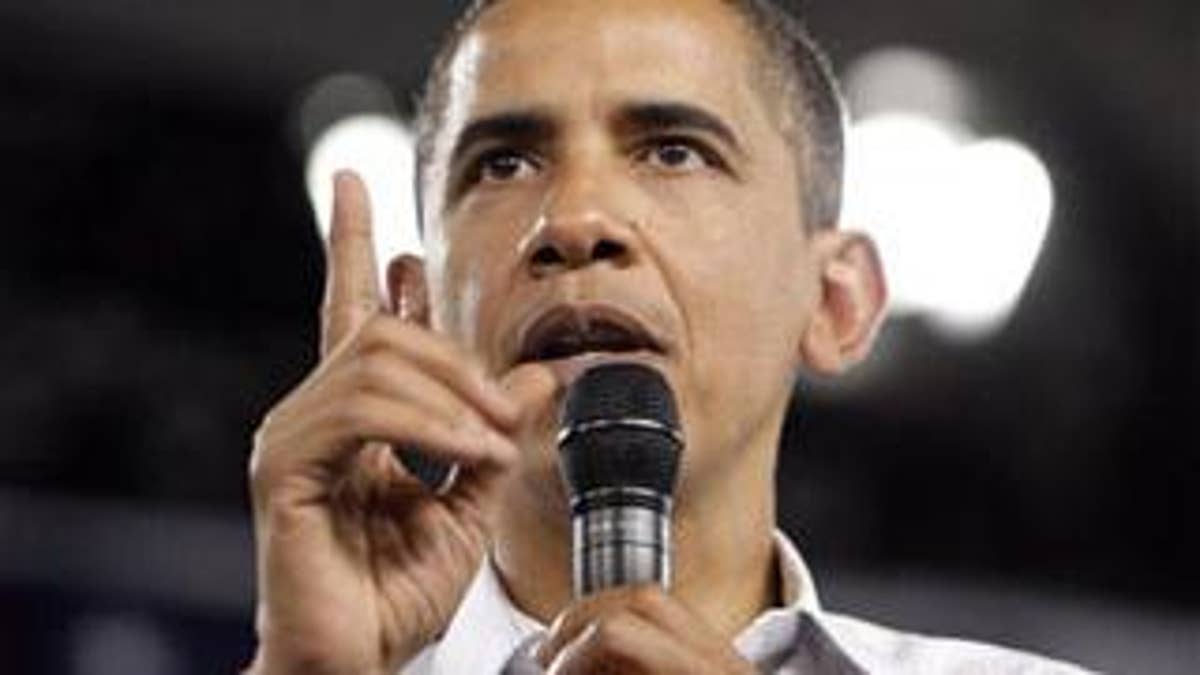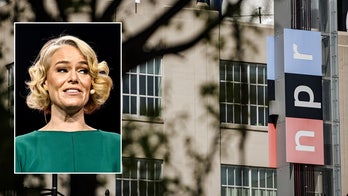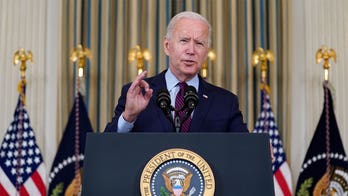
Summer vacation ends Tuesday in Washington, and the White House and Congress are poised to pick up where they left off in the heated debate over sweeping changes to the nation's health care system.
The House and Senate will return to session after a monthlong recess, and President Obama, after taking his own vacation, is preparing to welcome them back with what figures to be the biggest speech of his presidency so far. He will deliver a prime-time address Wednesday to a joint session of Congress aimed at regaining momentum in his push for universal health care coverage.
August was no beach party for many lawmakers, who returned to their districts to face outrage at town hall meetings from some constituents concerned about the cost of the reform proposals and the prospect of increased government control of the system. And proponents of reform have hit lawmakers from the other side, arguing that doing nothing would be disaster.
Along the way, the prospect for a bipartisan bill has eroded, and the Senate's chief Democratic negotiator told his colleagues this week he won't wait much longer for a compromise with Republicans.
"I am committed to getting health care reform done -- done soon and done right," Finance Committee Chairman Max Baucus said Friday. He is considering making a formal proposal soon to the small group of Senate negotiators who call themselves the "Bipartisan Six."
Yet Obama, in his address Wednesday, plans to both jawbone Republicans and signal a willingness to compromise, aides say, as a deal on health reform has proved elusive. The president and Democratic leaders in recent weeks have faced growing concerns over as concern over a possible government-run health insurance option in the plan.
Before lawmakers went on vacation, 50 fiscally conservative Democrats called Blue Dogs broke with Obama and their party to echo GOP criticism and vowed to block a so-called public option in the plan.
"We understand that the left wing of the party doesn't have it right all the time," said Democratic Rep. Zach Space of Ohio. "We understand that the Republican Party doesn't have it wrong all the time."
The president, meanwhile, is trying to placate some unhappy House members who fear he's too eager to compromise with Republicans and conservative Democrats to get a bill.
In a call from Camp David, the presidential retreat in the Maryland, Obama spoke to leaders of the Congressional Progressive Caucus and other liberal-leaning House groups.
Caucus leader Lynn Woolsey, D-Calif., said the lawmakers expressed their commitment to creation of a government-run plan to compete with private health insurers. On Thursday, they sent Obama a letter saying they could not support a health bill that lacked such a "public option."
Woolsey said Obama listened, asked questions and said discussions should continue. She said a follow-up meeting will occur next week at the White House. Another participant said the president was noncommittal about the government-run plan.
But Democratic opposition to a government-run insurance option took shape in the Senate long before the House. North Dakota's Kent Conrad, the powerful chairman of the Senate Budget Committee, has said a public option was doomed all along.
"The fact of the matter is there are not the votes in the U.S. Senate of the public option," Sen. Conrad said. "There never have been, so to continue to chase that rabbit I think is just a wasted effort."
And at least five more Senate Democrats, including Evan Bayh of Indiana, Bill Nelson of Florida, Tom Carper of Delaware, Jon Tester of Montana and Mark Pryor of Arkansas have threatened to oppose a government insurance program, depending on what it costs.
If a compromise is to be found, it may be by a Republican, not a Democrat. Maine's Olympia Snowe is part of the "Bipartisan Six." The other two Republicans, Iowa's Chuck Grassley and Wyoming's Mike Enzi oppose a government-run option but continue efforts to find an alternative with the three Democrats -- Baucus, Conrad, and New Mexico's Jeff Bingaman.
Snowe proposes postponing the government insurance option to see first if other reforms lead to more affordable and accessible insurance. If not, a government insurance program could be triggered and implemented down the road.
FOX News' Carl Cameron and The Associated Press contributed to this report.




